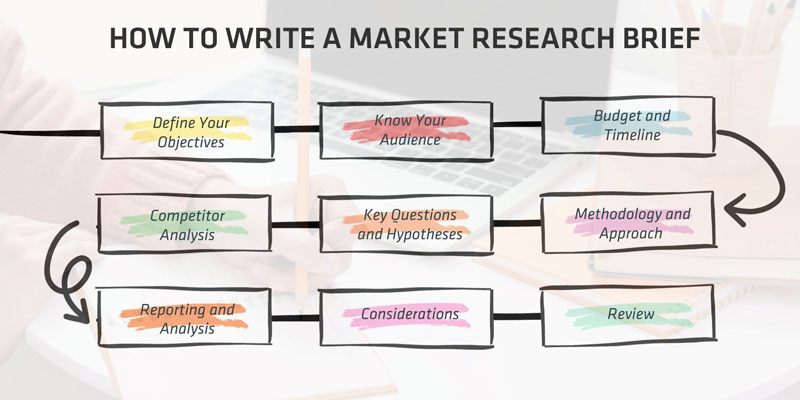Crafting an Accurate Brief for Effective Market Research

Crafting an Accurate Brief for Effective Market Research
Market research is a critical step in the success of any business or project. It provides valuable insights into consumer preferences, market trends, and competition, allowing you to make informed decisions and tailor your strategies accordingly.
However, the accuracy and effectiveness of your market research depend largely on the initial brief you provide to your research team or agency.
